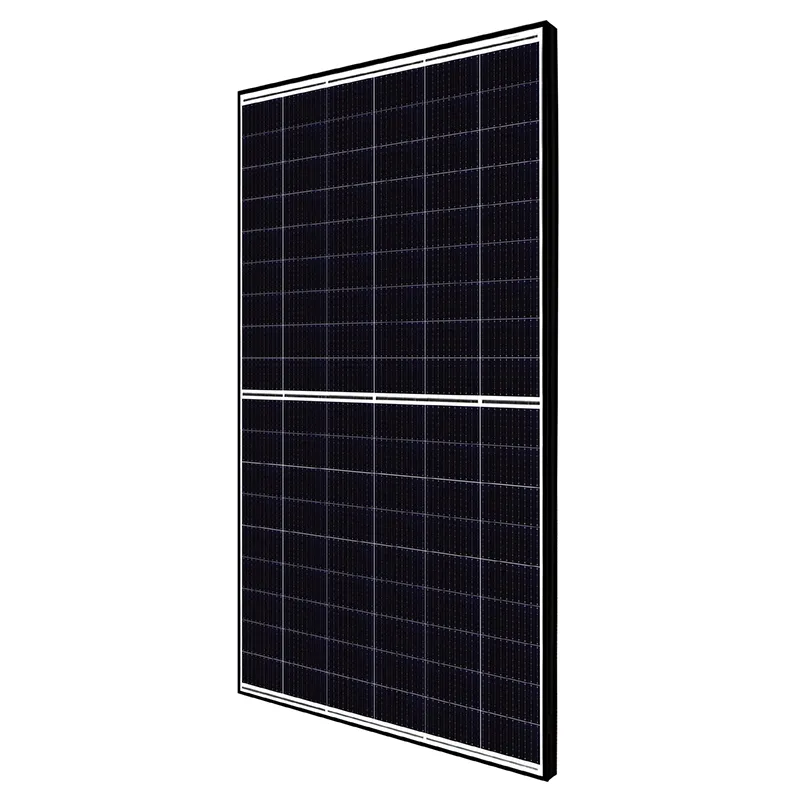Exploring Sustainable Energy Solutions Beyond Traditional Solar Panels for a Greener Future
Exploring Alternatives to Solar Panels Renewable Energy Solutions
As the demand for sustainable energy solutions continues to rise, solar panels have emerged as a popular choice for harnessing renewable energy. However, solar panels are not the only option available for those looking to reduce their carbon footprint and minimize their reliance on fossil fuels. In this article, we will explore several innovative alternatives to solar panels, each offering unique benefits and applications.
1. Wind Energy
Wind energy is one of the most mature and widely adopted renewable energy alternatives to solar panels. By utilizing wind turbines to convert kinetic energy from wind into electricity, this technology can produce significant amounts of energy, especially in areas with consistent wind speeds. One of the major advantages of wind energy is its ability to generate electricity at all times of the day and night, unlike solar panels, which are only effective during daylight hours. Additionally, wind farms can be built on land or offshore, allowing for flexibility in location and reducing land use conflicts.
2. Hydropower
Hydropower is another established alternative that harnesses the energy of flowing water to generate electricity. It is one of the most efficient forms of renewable energy, with large hydropower plants capable of producing vast amounts of electricity. Smaller-scale hydro systems, known as micro-hydro, can also be installed in rural areas where rivers flow consistently. However, the environmental impacts of large dams, such as habitat disruption and changes to local ecosystems, are considerations that must be managed when developing hydropower projects.
alternative to solar panels

Geothermal energy captures heat from beneath the Earth’s surface for electricity generation and direct heating applications. This renewable energy source is particularly advantageous in regions with geological activity, such as volcanic areas. Geothermal plants have a small land footprint, emit minimal greenhouse gases, and provide a continuous power supply, independent of weather conditions. However, the initial setup costs can be substantial, and the viability of geothermal energy can depend heavily on location.
4. Biomass Energy
Biomass energy is produced from organic materials, including plant and animal waste. Biomass can be converted into various forms of energy, including electricity, heat, and biofuels. The burning of biomass releases stored energy, making it a significant source of renewable energy. This option not only helps to reduce waste by utilizing existing organic materials but can also contribute to a circular economy. However, it is essential to manage biomass production sustainably to avoid deforestation and ensure that energy generation does not negatively impact food sources.
5. Tidal and Wave Energy
Tidal and wave energy are emerging technologies that capitalize on the movement of water to generate electricity. Tidal energy relies on the gravitational forces of the moon and sun, while wave energy harnesses the energy produced by surface waves. While these technologies are still in the developmental stages compared to wind and solar, they hold great potential for coastal areas with high tidal ranges or consistent waves. They offer a predictable energy source, as tides and waves can be accurately forecasted.
Conclusion
While solar panels remain a vital component of the renewable energy landscape, there are many viable alternatives to consider. Wind, hydropower, geothermal, biomass, and tidal/wave energy each offer distinct advantages and challenges. As society moves towards a more sustainable future, it is essential to explore and invest in a diverse range of renewable energy sources to ensure energy security and environmental sustainability. Embracing a multifaceted approach will allow us to harness the full potential of renewable energy, reducing our reliance on fossil fuels and mitigating the impacts of climate change.
-
Unlocking Energy Freedom with the Off Grid Solar InverterNewsJun.06,2025
-
Unlock More Solar Power with a High-Efficiency Bifacial Solar PanelNewsJun.06,2025
-
Power Your Future with High-Efficiency Monocrystalline Solar PanelsNewsJun.06,2025
-
Next-Gen Solar Power Starts with Micro Solar InvertersNewsJun.06,2025
-
Harnessing Peak Efficiency with the On Grid Solar InverterNewsJun.06,2025
-
Discover Unmatched Efficiency with the Latest String Solar InverterNewsJun.06,2025







